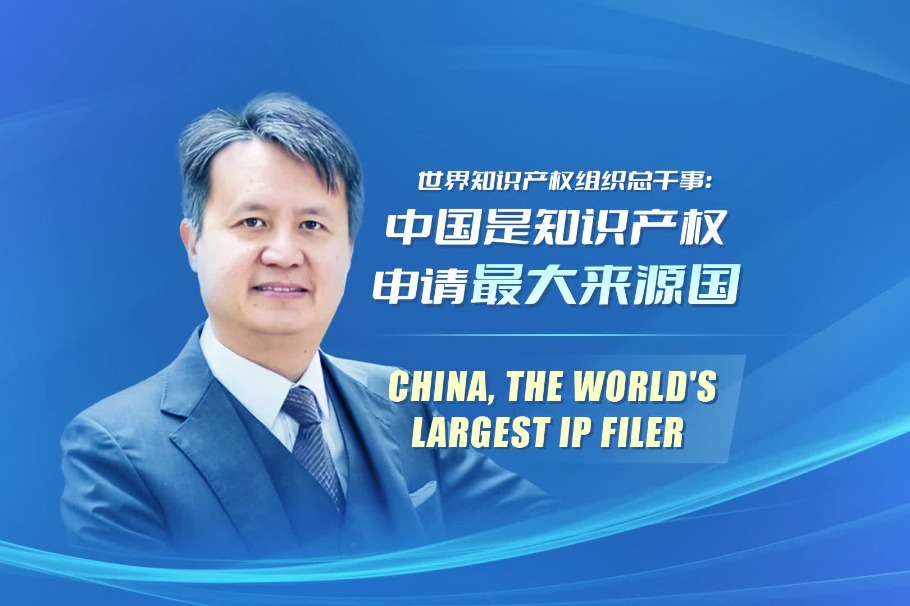Beijing, Tianjin, Hebei judges meet on IP, digital economy

Judges from Beijing, Tianjin and Hebei province exchanged ideas on intellectual property and the protection of data at a seminar on Wednesday, pledging to promote the coordinated regional development of the digital economy by the rule of law.
The seminar, which was held by the Beijing Intellectual Property Court, also attracted government agencies, universities and internet enterprises engaged in IP and law.
Participants discussed a number of hot issues related to data rights, including data registration, data technology and data protection, through case sharing and the exchange of opinions.
Presenting new data products and emerging business forms as the dynamics of digital economic development, some of the judges pointed out that rapid growth has also created judicial challenges, according to the statement released by the Beijing IP Court.
As new factors, issues such as defining data rights, balancing rights between data owners, users and processors, finding ways to unlock the value of data, are not simple considerations in issuing lawsuit verdicts.
The statement added that online infringement has also become easier, complicating the collection of evidence, especially since new technologies like generative artificial intelligence and algorithm recommendations have emerged.
This was the first joint seminar in the Beijing-Tianjin-Hebei region since courts agreed to strengthen communication last year to advance regional growth by the rule of law.
"The seminar will be helpful in unifying rules for the region, as well as in promoting the coordinated regional protection of IP rights," said Liu Shuangyu, president of the Beijing IP Court.
Ren Xiaogang, president of the Intermediate People's Court of Xiong'an New Area, lauded the coordinated working system of the three courts, taking the case handling of IP lawsuits as playing a major role in facilitating the area's construction.
Zhang Changshan, president of the Tianjin No 3 Intermediate People's Court, suggested that judges from the region focus more on new problems facing the digital economy and information technology to expand cooperation and promote science and technology innovation.




